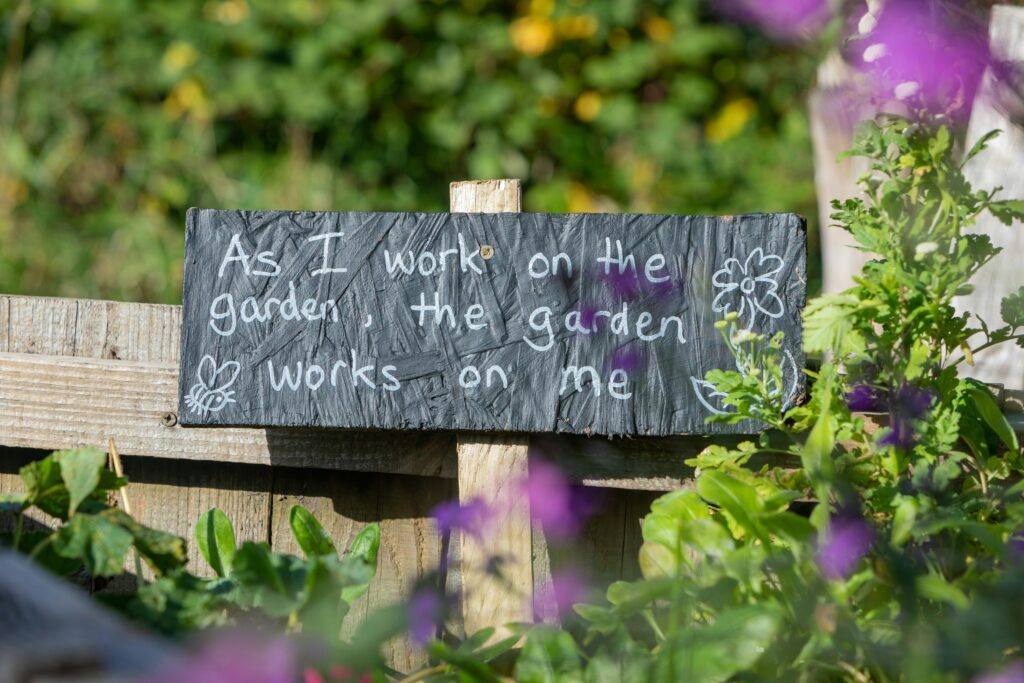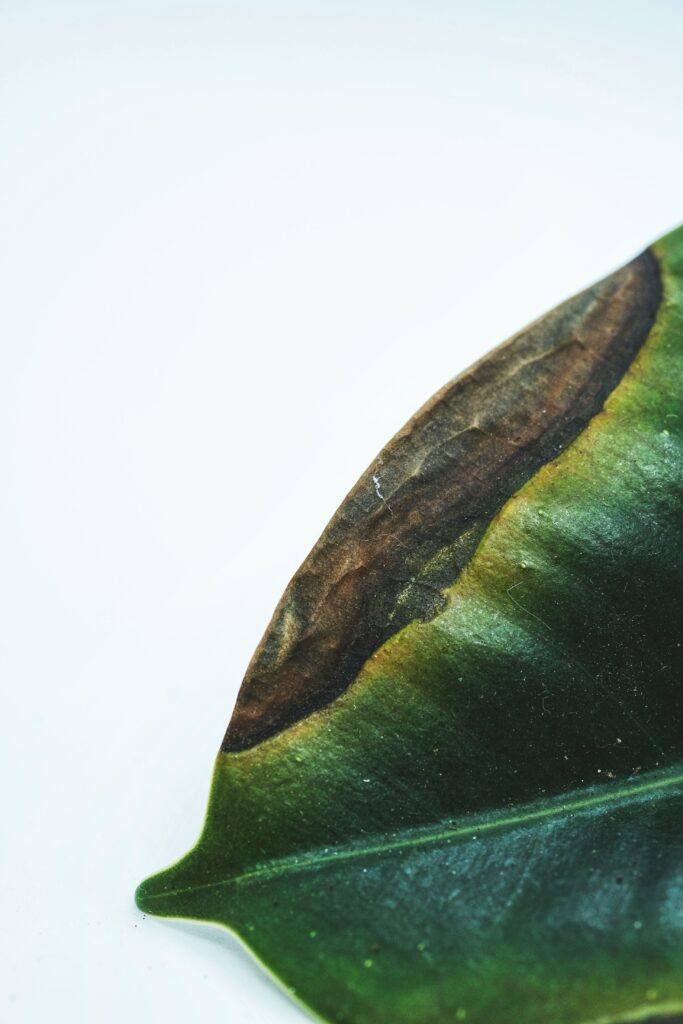Gardening is more than merely sowing seeds in the soil and hoping for the best. It is an art, a science, and a way to reconnect with nature. No matter whether you’re an experienced horticulturist or newcomer to gardening, there are timeless tips which can help your garden flourish while preventing it from turning into an unruly botanical battlefield. In this blog, we’ll look at all of these important topics so every gardener will know what each do’s and don’ts are.

Do’s: Cultivating Success in Your Garden
Research Your Plants
Understanding the needs of individual plants is integral to creating a thriving garden. Before adding new species, take time to understand each one’s preferences in terms of sun exposure, water requirements, soil type and optimal planting zones. Not all plants thrive under full sunlight, while others may do better in shaded areas, and different ones tolerate drought or excess moisture differently too. By adapting your gardening practices according to the unique requirement of each species in your garden, you ensure their survival and flourishing. An important step that may mean the difference between an insignificant garden and one which truly thrives.
Do Pay Attention to Planting Zones
Comprehending planting zones, also referred to as hardiness zones, is crucial for any gardener seeking a successful garden. These zones help inform gardeners which plants may best thrive in their specific region. Each zone can be identified by its unique climate conditions, particularly minimum winter temperatures. By choosing plants suited to the conditions in your zone, you significantly increase your odds of gardening success. Recklessly disregarding these zones can lead to heartache as plants struggle in conditions they’re unsuited for. Before selecting new plants for your garden, consult a hardiness zone map first. It could save a lot of heartache while making sure that it stays an inviting space all year-round.
Do Mulch Around Your Plants
Mulching your garden not only creates aesthetic beauty, but it plays an essential role in maintaining and growing healthy plants. Applying a layer of mulch helps retain soil moisture, prevent weed growth, and provide a stable temperature for root development. Organic mulches like wood chips, straw, or compost may even improve soil fertility by decomposing over time. For optimal results, apply a 2 to 4-inch layer of mulch at the base of your plants for best results. Be careful to avoid piling it against stems or trunks directly, as this could lead to rot. Don’t forget to replenish as necessary to maximize its beneficial properties; this simple act can have profoundly positive results for the overall health and flourishing of your garden and its plants.
Do Water Wisely
Water is essential to the wellbeing of any garden. Too much or too little may result in root rot or other diseases, while inadequate moisture could leave plants stressed out and vulnerable to pests or environmental damages. Water is necessary, however. Watering deeply yet frequently is key to encouraging deeper root development and making plants more resilient against dry spells. Early in the morning is best, as this reduces evaporation while providing time for plants to absorb moisture before the heat of the day sets in. Utilize a drip irrigation system or soaker hoses to deliver water directly to the root zone, minimizing waste and protecting foliage from becoming wet, which could otherwise cause fungal diseases. Furthermore, adapting your watering schedule based on rainfall patterns and monitoring soil moisture before watering can significantly decrease usage while providing healthier outcomes for your garden.
The Don’ts: Avoiding the Pitfalls of Gardening
Don’t Neglect Weed Control
Weeds can be more than an eyesore, they compete for the water, nutrients, and sunlight that your plants need to thrive, possibly hindering garden growth. Regular weeding is necessary to prevent them from taking hold and pulling weeds by their roots when the soil is damp to ensure complete removal. Alternatively, consider a natural pre-emergent herbicide or landscape fabric in areas where you want no plants growing at all. Taking an active approach towards controlling weeds will save time and effort over time, assuring that your garden remains healthy and vibrant over time. Take an active approach towards managing them now for best results. Weed control is an ongoing task so make sure to remain diligent when taking on this important responsibility!
Don’t Plant Invasives
Invasive species are defined as plants introduced into an ecosystem where they do not belong, with potential adverse impacts on local ecologies. Such invaders can quickly outcompete native species for resources and lead to a decrease in biodiversity. Before adding new plants to your garden, do your research on which are considered invasive in your region. When selecting new species for planting, focus on native or noninvasive options which will flourish without altering ecological balance. Many local extension services or gardening societies provide lists of beneficial plants that do not pose any threats to local flora. By choosing non-invasive options, gardens can add value rather than harm their surroundings.
Don’t Ignore Pest and Disease Signs
Neglecting to take action quickly when signs of pest infestation or disease appear can result in significant damages and potentially the loss of plants in your garden. Pest infestations or diseases spread rapidly if not addressed quickly enough. Be proactive in monitoring the health of your plants by regularly checking for symptoms such as discoloration, spots on leaves, wilting, or insects. Early detection is the key to effectively managing such issues. Utilize environmentally friendly pest control methods whenever possible, such as introducing beneficial insects, applying neem oil or removing infected parts from plants. Keep in mind that a healthy garden is more resistant to pests and diseases, so focus on providing optimal conditions for your plants’ success, such as watering, sunlight exposure and nutrient management. Stay vigilant at every sign of trouble arising so as to enjoy a thriving outdoor oasis.

Sow the Seeds of Wisdom
A garden reflects its owners and their care and attention, so it’s essential that it receives enough love and care from its creator. While planting and growing can be exciting, success lies in the details. Knowing what steps (and those not taken) to take can make all the difference between an abundant garden and one that fails spectacularly. Gardening should be seen as a dialogue between you and Mother Earth. By following these dos and don’ts, you are creating not just plants but rather a sanctuary that benefits homeowners, their health, and our planet Earth.
Leave a Reply